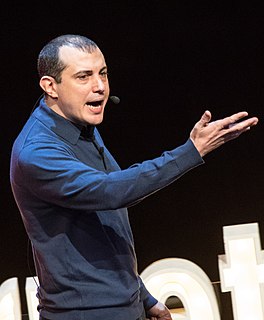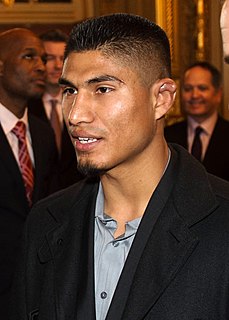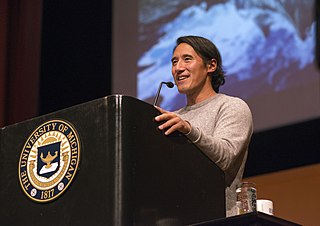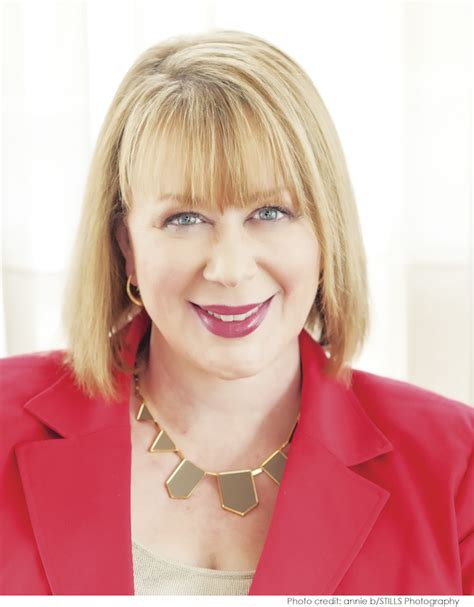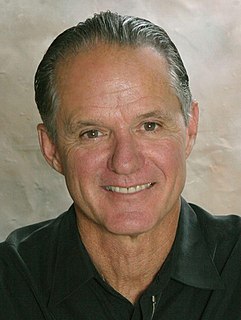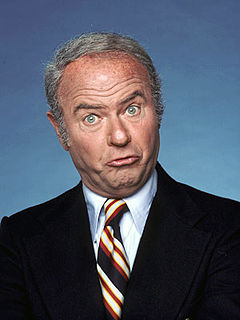A Quote by Andreas Antonopoulos
Essentially, not only do we believe in this myth of 'de-risking', but it has become the one overriding goal; de-risking above growth, de-risking above innovation, de-risking above everything else. And we've reached the point where the Fed is using $70 Billion a month to 'de-risk' a largely insolvent banking system. And this can only end badly. The idea that you can do capitalism without risk is ridiculous on its face.
Related Quotes
As the fighter, you're the one getting in the ring, you're the one risking injuries, you're the one risking your life - not only on the day of the fight, but in training camp. You're getting punched, you're training, you're sparring. You have to make sure that it's worth the risk - the compensation, the terms, the fights that you want.
I was the first critic ever to win a Tony - for co-authoring 'Elaine Stritch at Liberty.' Criticism is a life without risk; the critic is risking his opinion, the maker is risking his life. It's a humbling thought but important for the critic to keep it in mind - a thought he can only know if he's made something himself.
During the first period of our lives the greatest danger is not to take the risk. When once the risk has been taken, then the greatest danger is to risk too much. By not risking at first one turns aside and serves trivialities; in the second case, by risking too much, one turns aside to the fantastic and perhaps to presumption.
You risked your life, but what else have you ever risked? Have you risked disapproval? Have you ever risked economic security? Have you ever risked a belief? I see nothing particularly courageous about risking one's life. So you lose it, you go to your hero's heaven and everything is milk and honey 'til the end of time. Right? You get your reward and suffer no earthly consequences. That's not courage. Real courage is risking something that might force you to rethink your thoughts and suffer change and stretch consciousness. Real courage is risking one's clichés.
There are two types of courage involved with what I did. When it comes to picking up a rifle, millions of people are capable of doing that, as we see in Iraq or Vietnam. But when it comes to risking their careers, or risking being invited to lunch by the establishment, it turns out that's remarkably rare.
If you polled the military in Afghanistan as to how many think we should be there or not, the numbers would probably be similar to what the U.S. population believes. That's not because they're watching the news. But, hey, they are out there risking their lives. No one likes to be criticized and it really sucks to be criticized when you're risking your life.
People were intrinsically selfish, and many hated the idea of a woman in charge of the Institute. They would not put themselves at risk for her. Only a few weeks ago he would have said the same thing about himself. Now, knowing Charlotte, he realized to his surprise, the idea of risking himself for her seemed an honor, as it would be to most Englishmen to risk themselves for the queen.
